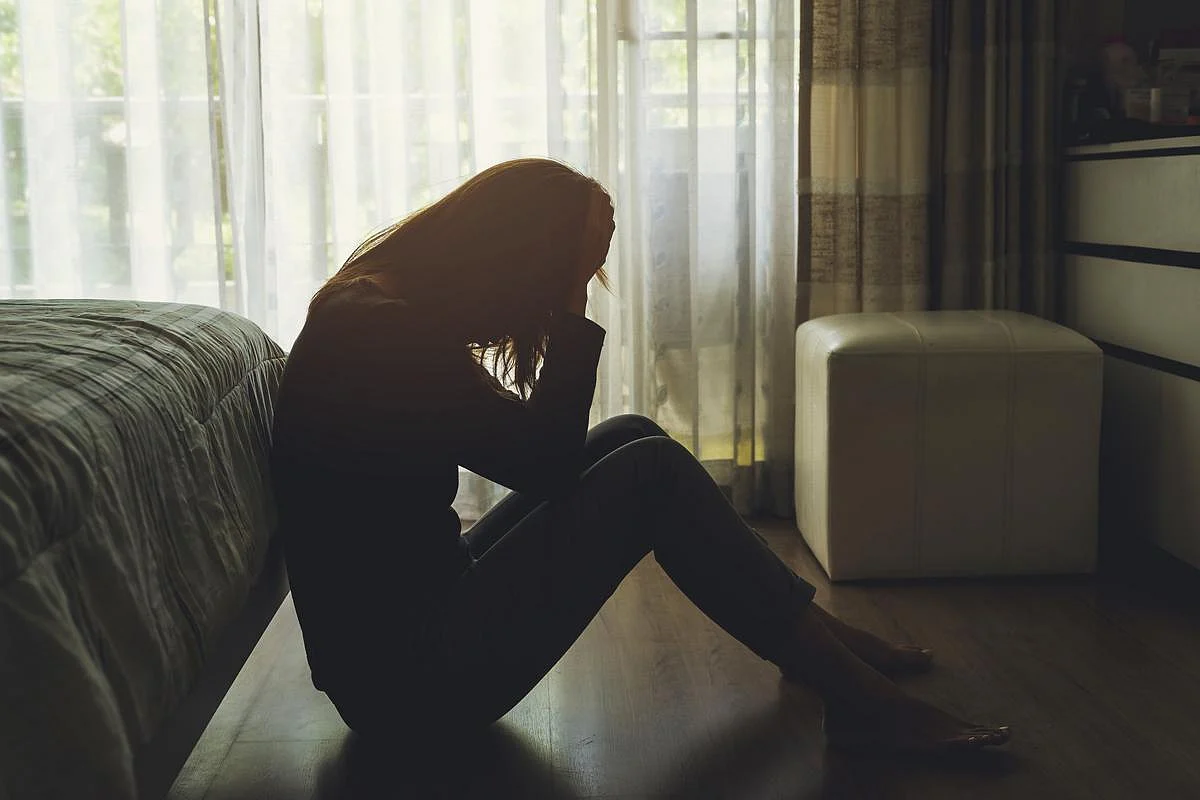Due to a recent change in our pharmacy software system, the process for submitting refill requests online has now changed.
Our previous mobile app and your current login credentials will no longer work.
Please click the Patient Portal tab to begin the new process.
Thank you for your patience during this transition.
Get Healthy!

- Dennis Thompson
- Posted July 17, 2025
Insomniacs With Inflammation Prone To Depression
Insomniacs have a much higher risk for depression if they have chronic inflammation, a new sleep lab experiment says.
Seniors with insomnia were three times as likely to report symptoms of depression if they’d been dosed with a substance that promotes inflammation, according to results published July 16 in JAMA Psychiatry.
“Insomnia not only robs older adults of rest but also primes their immune system to make them uniquely vulnerable to depression when faced with inflammation,” said lead researcher Dr. Michael Irwin, director of UCLA Health’s Cousins Center for Psychoneuroimmunology.
“Treatments targeted at this inflammation-related depression may prevent depression and benefit these patients to improve their overall quality of life,” he said in a news release.
For the study, researchers recruited 160 adults 60 and older in Los Angeles, of whom 53 had insomnia.
Roughly half of the participants were exposed to an endotoxin intended to create short-term inflammation, including 26 people with insomnia and 53 healthy sleepers.
Results showed that insomniacs with inflammation were three times more likely to have depressive mood and symptoms than healthy sleepers with inflammation.
People with insomnia also were depressed far longer after their inflammation was induced, showing a bummed mood for six hours or longer. By comparison, any increases in depression among healthy sleepers were short-lived, researchers said.
Chronic inflammation has already been tied to illnesses like heart disease and cancer, researchers said in background notes.
As humans age, more inflammation is likely to occur as cells wear down and the immune system falters, researchers said. This can be made even worse by illness, stress, unhealthy habits or pain.
It’s possible that chronic sleep loss can make the brain more susceptible to inflammation, researchers said. Inflammatory biochemicals might be more able to slip into sleep-deprived brains, or a lack of sleep might prime brain cells to react more to inflammation.
“This rigorous, experimentally controlled randomized clinical trial found for the first time that inflammatory challenge with endotoxin induces increases in depressed mood and depressive symptoms in older adults and that depression responses were robustly exaggerated, both in magnitude and duration, in older adults with insomnia compared to those without insomnia,” researchers concluded in their paper.
Further study is needed to show whether controlling inflammation might reduce depression in people with insomnia, researchers said.
More information
Johns Hopkins Medicine has more on depression and sleep.
SOURCES: JAMA Psychiatry, July 16, 2025; UCLA, news release, July 16, 2025





